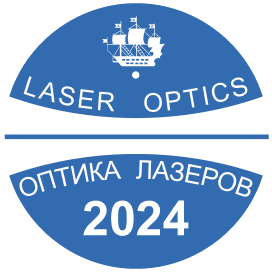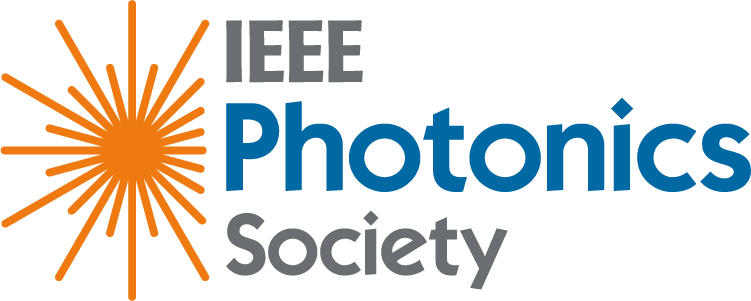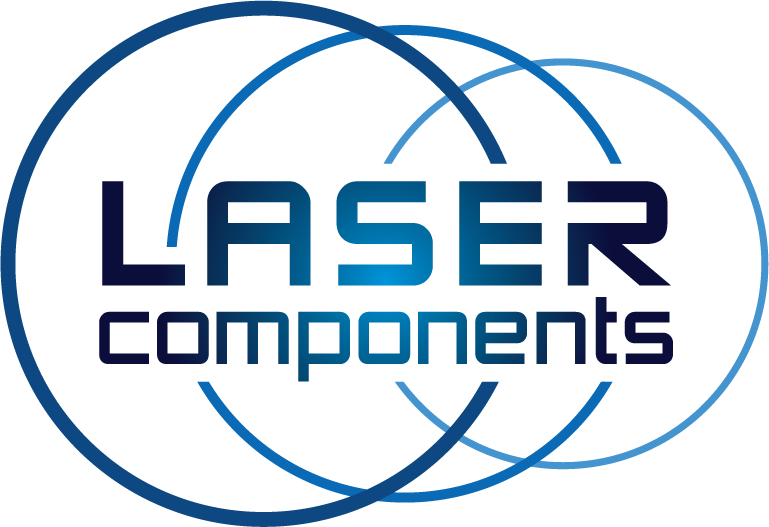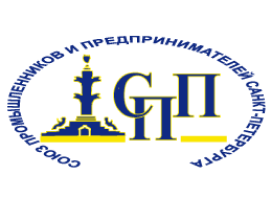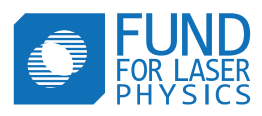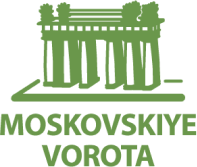Anna V. Rodina
Ioffe Institute, Russia
Professor Anna V. Rodina is a Russian physicist, Chief Scientific Researcher in the laboratory of Spin and Optical phenomena in Semiconductors at Ioffe Institute of Russian Academy of Sciences (St.-Petersburg, Russia). She received her Ph.D. (1993) and Habilitation (Dr. Sci., 2016) degrees in Physics from Ioffe Institute and became the Professor of Russian Academy of Sciences in 2018. She authored and co-authored over 100 research publications and 2 monographs and gave numerous invited and plenary talks at Russian and International conferences. The expertise of Prof. Anna V. Rodina is in the theory and optical properties of semiconductors and semiconductor nanostructures. The current research interests are magneto-optical properties and spin-dependent phenomena in semiconductor nanocrystals.
Semiconductor colloidal quantum dots: benefits and challenges for optoelectronic applications
In 1981, Aleksei Ekimov and coauthors (Vavilov State Optical Institute, Leningrad) reported experimental observation of the quantum-size effect in semiconductor nanocrystals embedded into glass matrix. In 1983 Louis Brus and coauthors (Bell Laboratories, Murray Hill) independently reported quantum size effect in nanocrystals dispersed in aqueous solution. These optical studies lay foundation to a new field - the physics and technology of zero-dimensional structures or quantum dots. Modern technology of chemical synthesis established by Moungi Bawendi (Bell Laboratories and, later, MIT, Cambridge) allows to obtain monodisperse nanocrystals of various shape and size from such semiconductors as CdSe, CdTe, InP, PbS and many others. Nowadays semiconductor nanocrystals are widely used in applications: optoelectronics (white light sources, LEDs, displays and TVs), photovoltaics (solar cells), medicine and biology (sensors and labels). In 2023, A. Ekimov, L. Brus and M. Bawendi were awarded the Nobel Prize in Chemistry for the "discovery and synthesis of quantum dots".
A brief review on the colloidal quantum dots (semiconductor nanocrystals) discovery, research directions and applications will be presented. Benefits and challenges of colloidal nanocrystals for optoelectronic applications, including lasing, will be discussed. The modeling results of nanocrystal surface effect on the electronic structure and radiative recombination efficiency will be presented. The work was supported by the RFS grant No. 23-12-00300.
